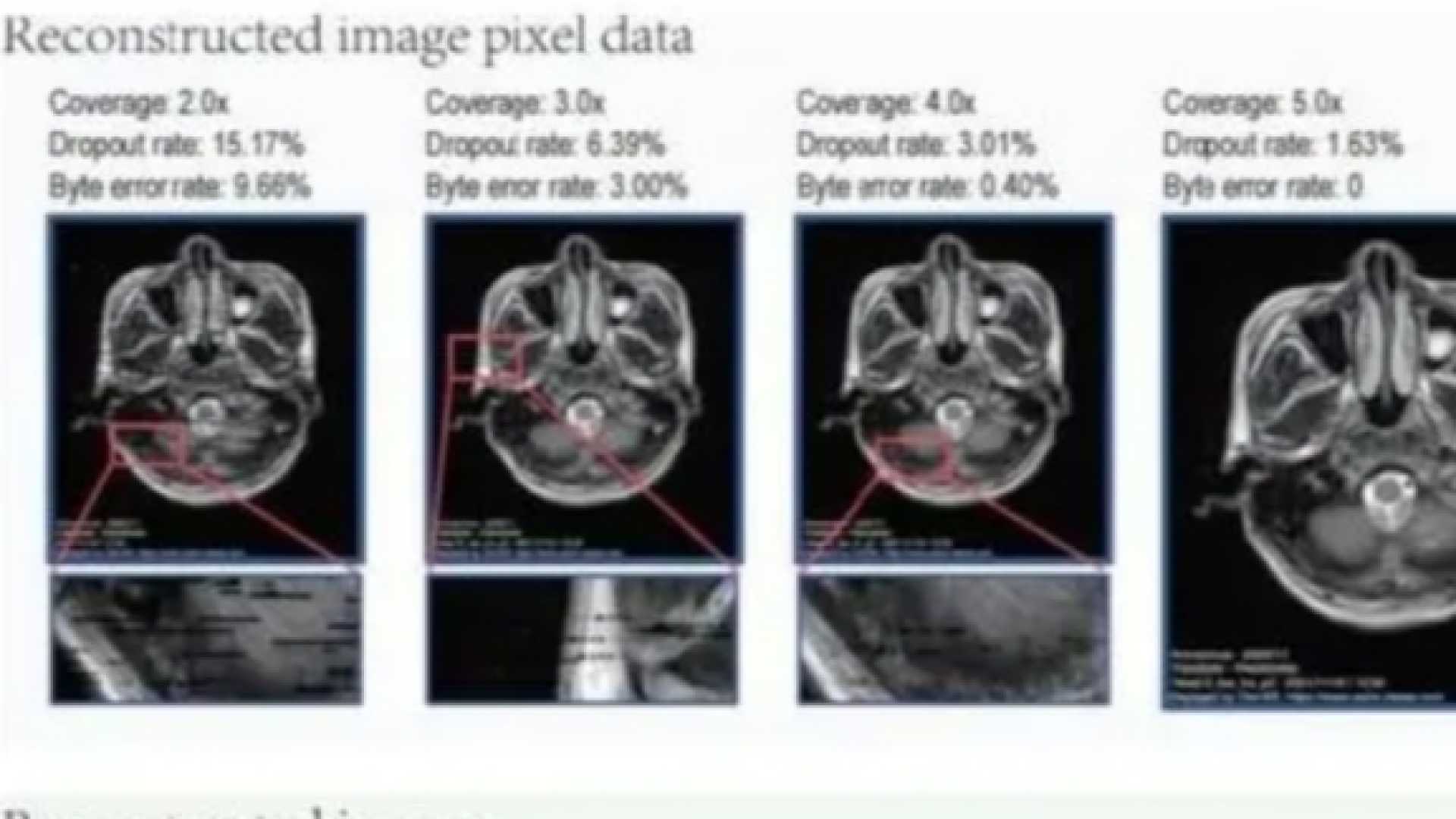News
Tianjin Researchers Achieve Breakthrough in DNA-Based Data Storage for MRI

Tianjin University’s Frontiers Science Center for Synthetic Biology, in conjunction with Tianjin Huanhu Hospital, has announced a significant advancement in DNA-based data storage. This groundbreaking research introduces the DNA Palette coding scheme, which allows for the encoding of brain magnetic resonance imaging (MRI) data into DNA. This innovation also facilitates lossless decoding and the 3D reconstruction of imaging data, heralding a new era in medical data storage technology.
The results of this pioneering study have been published in the “National Science Review.” Brain MRI scans hold immense importance for clinical diagnosis, surgical planning, and treatment evaluation. However, these scans generate vast amounts of data, posing considerable challenges for existing long-term storage solutions.
This is particularly vital for chronic conditions such as juvenile Parkinson’s, epilepsy, and neurogenetic disorders, where lifelong data accumulation and analysis are crucial. Current storage mediums often fall short of meeting the demands for large-scale, long-term data preservation.
DNA is recognized for its exceptional stability and high storage density, making it an attractive candidate for data storage. The research team at Tianjin University successfully encoded 11.28 megabytes of brain MRI data into approximately 250,000 DNA sequences, achieving an impressive data density of 2.39 bits per base.
The encoded sequences, known as oligos, are single strands of synthetic DNA stored in a dry powder form. Each batch weighs just three micrograms and can support over 300 read operations under existing technical standards. This advancement underscores DNA’s potential as a secure, efficient, and long-term storage medium for medical data.
According to the researchers, this study represents a crucial step toward the practical application of DNA data storage. It offers a novel technical route for securely storing large volumes of medical data and accelerates the broader adoption of DNA-based storage technologies.












